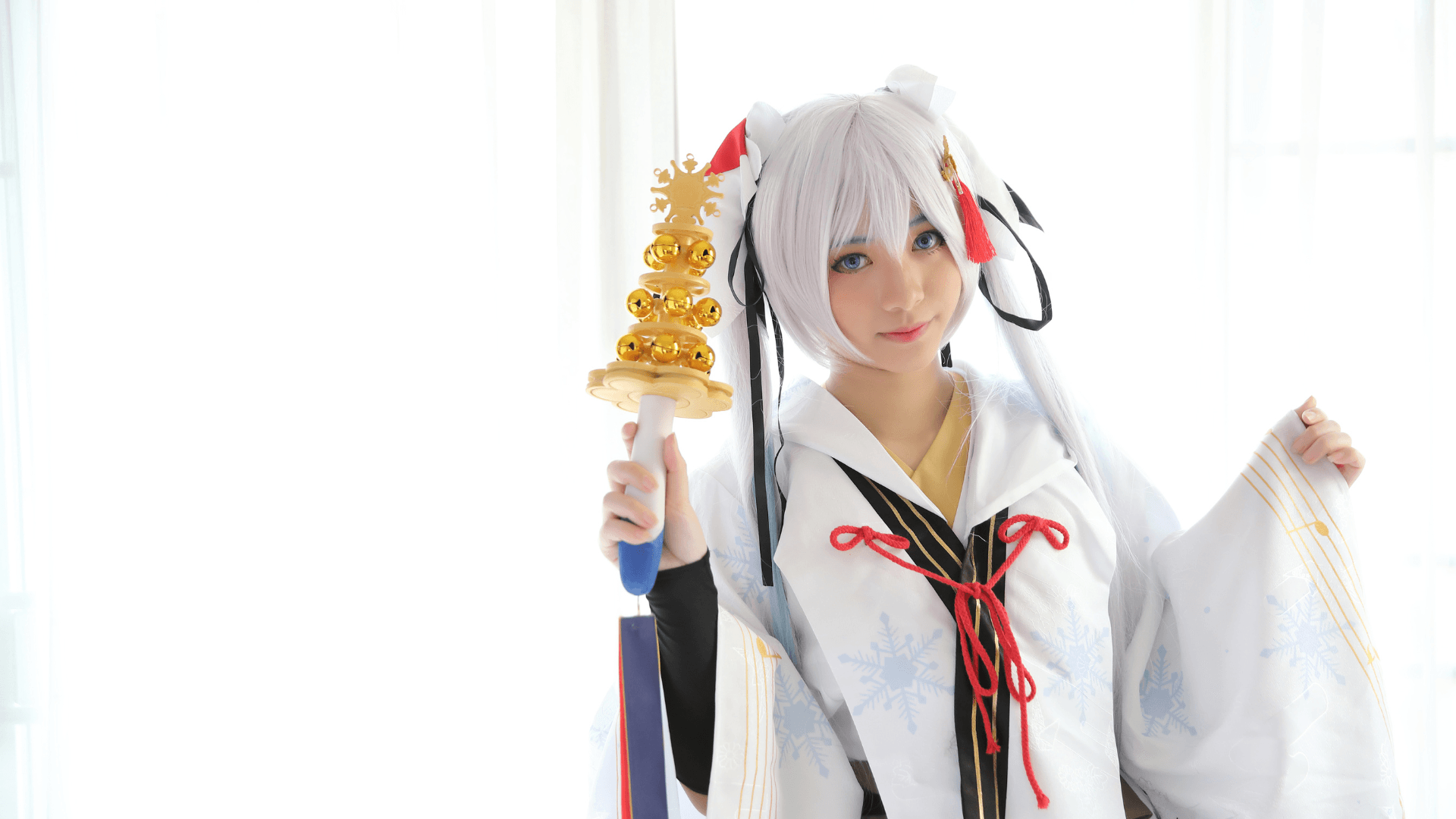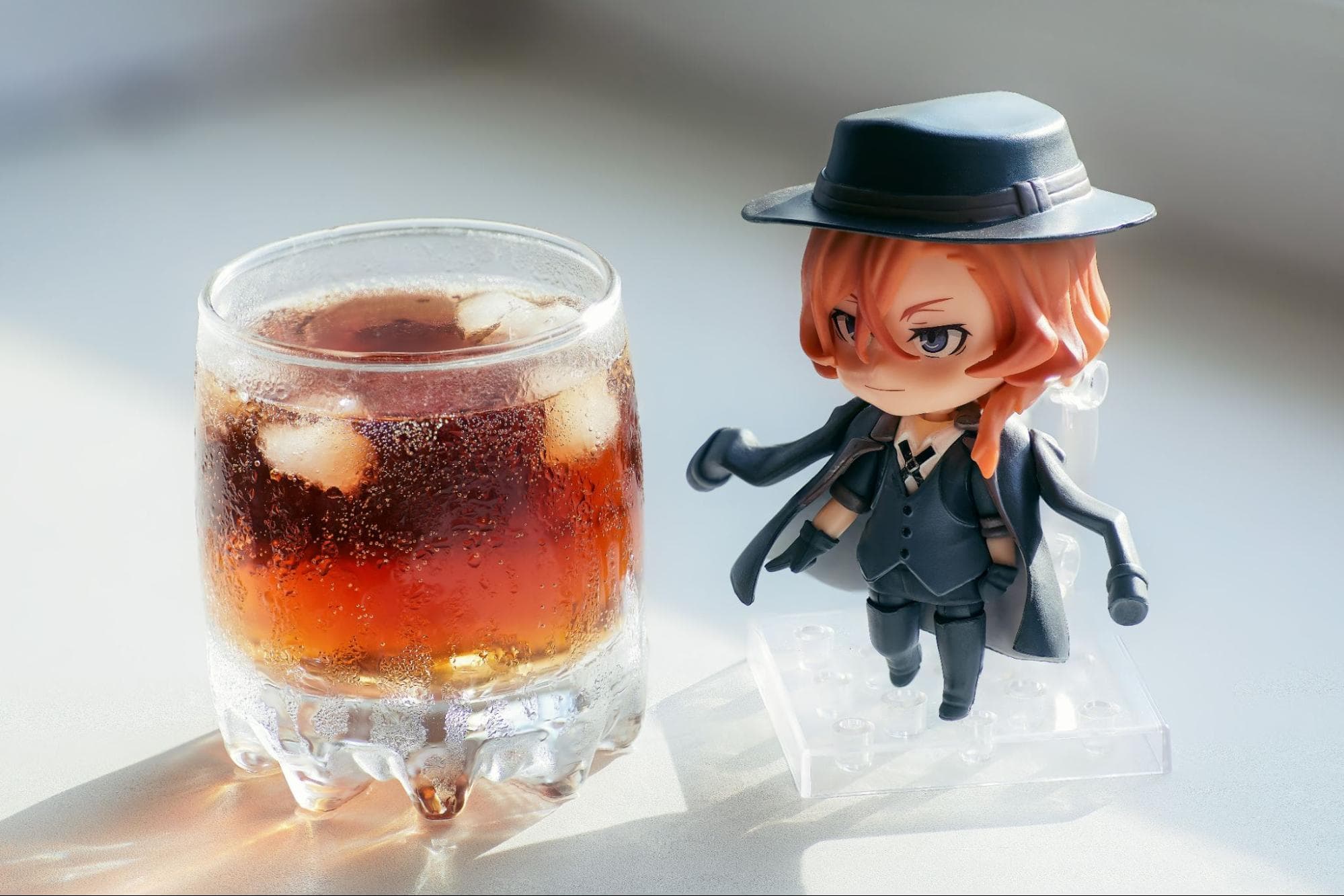
ISFJ (SiFe) 8 Cognitive Functions Explained
Let’s be real—you can’t fully understand the ISFJ personality type without learning about their cognitive functions.
Not only do they define the main personality traits of different personality types, but they also explain how each personality type makes decisions, perceives the world, behaves in stressful situations, and much more.
As useful as it is, studying cognitive functions isn’t all that easy, especially if you’re completely new to this topic.
Well, if you’re looking for ISFJ cognitive functions explained in a detailed yet simple way, look no further!
This straightforward guide will teach you everything you need to know about the primary and shadow ISFJ cognitive functions. Let’s get started!
What Are Cognitive Functions?
Cognitive functions are eight distinct mental processes that define the specific characteristics of each personality type.
Depending on their purpose, cognitive functions fall into one of these two groups:
- Judging functions—thinking and feeling—which determine how people make decisions
- Perceiving functions—sensing and intuition—which define how people absorb and interpret information
Although everyone can access each of the eight cognitive functions to a certain extent, every personality type has a set of primary functions (also known as the cognitive function stack) and shadow functions.
Simply put, primary functions are the ones that you favor over others, and they tend to come to you naturally—it’s your preferred way of thinking and acting.
Shadow functions, meanwhile, lie deep in our unconscious mind. When people are stressed out and act out of character, more often than not, it’s a manifestation of their shadow.
The 4 Primary ISFJ Cognitive Functions
Now that we’ve cleared that up, let’s jump straight into the ISFJ cognitive function stack, which is comprised of:
- Introverted sensing (Si)
- Extraverted feeling (Fe)
- Introverted thinking (Ti)
- Extraverted intuition (Ne)
Introverted Sensing (Si)
Introverted sensing (Si) is the dominant and most influential ISFJ cognitive function. It drives Defenders to rely on their past experience to interpret the current situation.
In other words, ISFJs understand the world subjectively by comparing the present moment to their internal catalog of memories, impressions, and experiences.
Unsurprisingly, ISFJs value familiarity over novelty. They tend to appreciate traditions and routines but can be closed off to change and experimentation. However, they may be more willing to venture outside their comfort zone if they see a practical purpose in doing so. Still, ISFJs prefer to play it safe, so you can bet they won’t make the same mistake twice!
Besides that, Si causes ISFJs to focus on maintenance, which might explain their reputation for being exceptionally neat and health-conscious.
Thanks to Si, they have an eye for detail and are in tune with their physical needs. Naturally, they like to keep their surroundings organized and take care of their physical well-being, as this brings them a great sense of comfort, predictability, and stability.
Extraverted Feeling (Fe)
Defenders are known for their nurturing nature, which stems from the auxiliary ISFJ cognitive function—extraverted feeling (Fe).
As a judging function, it causes them to take others into consideration when making decisions. Oftentimes, ISFJs will prioritize social harmony, peace, and other people’s needs over their own wishes.
Unsurprisingly, Defenders genuinely enjoy bringing people together and want everyone to get along. That said, they may feel very uncomfortable with conflict and confrontation. Since they try to avoid causing tension and discomfort to the best of their abilities, they usually express their concerns only to those in their inner circle.
Thanks to Fe, ISFJs are also very perceptive in social situations. Coupled with their ability to notice fine details, Fe enables them to observe, analyze, and understand people’s emotions in seconds.
However, ISFJs tend to have a hard time understanding and handling their own feelings. While they’re always there to comfort others, it’s important to understand that they, too, need other people’s support. After all, emotional self-regulation isn’t their forte since their feeling function is directed outward.
Introverted Thinking (Ti)
As the tertiary ISFJ cognitive function, introverted thinking (Ti) works in subtle ways to support their dominant and auxiliary functions.
Once ISFJs begin to develop their Ti, they become significantly more analytical and concerned with maintaining an internal sense of logic and consistency.
Since Ti encourages ISFJs to thoroughly analyze situations, it prevents them from seeing the world in terms of black and white. This can help them become more objective and avoid jumping to conclusions, which is something many Si-dominant individuals, including ISTJs, can be prone to.
Given that ISFJs are people-oriented, they usually utilize their Ti to analyze people’s behavior and motives to come up with logical explanations for things happening around them. This helps them avoid taking things personally or at face value.
Most importantly, since ISFJs mainly use Fe to make decisions, it’s not uncommon for them to neglect their own needs. However, developing Ti can help them find balance between catering to others and finding logical solutions that benefit everyone involved—including themselves. In other words, Ti helps refine their decision-making process.
Extraverted Intuition (Ne)
Extraverted intuition (Ne) is the inferior ISFJ cognitive function. As such, it’s often seen as their weak spot.
While strong Ne users— XNXP personalities—see the world as a place packed with possibilities waiting to be explored, this isn’t the case with ISFJs. Since they strongly dislike uncertainty and crave clarity and structure in all areas of their lives, it’s not uncommon for Defenders to fear new experiences.
As Si-Ne personalities, ISFJs tend to have quite a rigid understanding of the world, along with an “if it ain’t broke, don’t fix it” mindset. Because of this, they can come off as rather conservative and set in their ways.
Developing Ne isn’t a walk in the park, but ISFJs can greatly benefit from it. By tapping into and exploring their inferior function, they can experience life in new ways and learn to welcome change to their lives, at least to a certain extent.
Not to mention, strengthening their Ne can boost their creativity and help ISFJs see and appreciate different perspectives, in turn enabling them to better understand others.
The 4 Shadow ISFJ Cognitive Functions
Now, let’s explore the shadow side of the ISFJ personality type, which is typically unconscious. Here are their shadow functions:
- Extraverted sensing (Se)
- Introverted feeling (Fi)
- Extraverted thinking (Te)
- Introverted intuition (Ni)
Extraverted Sensing (Se)
Extraverted sensing (Se) is the first shadow ISFJ cognitive function, also known as their opposing role.
Se is all about seizing the moment, taking risks, and quickly adapting to the changes happening around you. This cognitive function finds unpredictability exciting, which for most ISFJs can be hard to understand. Since Se is their opposing role, ISFJs often experience this cognitive function in a limited and rather negative way, as its manifestations stress them out.
It’s not unusual for ISFJs to scorn Se-dominant personalities— ESFPs and ESTPs—because of their impulsivity. However, even though Defenders might find them overly chaotic, spending time with ESXPs can enrich their lives and help them learn to go with the flow. Besides, there’s nothing wrong with letting go of control every once in a while!
Introverted Feeling (Fi)
Introverted feeling (Fi) is the second shadow cognitive function of the ISFJ personality type. Since it’s also known as the critical parent, it’s no surprise that it often manifests as criticism, be it toward yourself or others.
Since ISFJs prefer Fe over Fi, they prioritize others above themselves. While this comes naturally to them, ISFJs might become bitter when people take their kindness for granted or—even worse—take advantage of it. In turn, they might criticize themselves for being people-pleasers, pushovers, and similar.
Alternatively, ISFJs might be critical of people who openly express their individuality, believing that they’re seeking attention or trying to destroy social harmony. In truth, getting in touch with their personal values, beliefs, and emotions can help ISFJs set boundaries and become more comfortable with expressing their needs.
Extraverted Thinking (Te)
Extraverted thinking (Te) is the trickster ISFJ cognitive function. In this position, it can cause ISFJs to feel tense around Te-dominant people, and they may mistake their attempts to maximize efficiency as bossiness.
Since Te is one of their weakest functions, ISFJs aren’t typically concerned with efficiency, at least not as much as with convenience. Also, instead of looking for the most optimal way to do something, they often prefer to do things the way they’ve always done them, even if it takes more time.
That said, when they’re stressed out, ISFJs may resort to their trickster Te to try and keep the situation under control. They may delegate tasks to others, try to streamline work processes, and so on. Since this isn’t natural for them, however, they might come off as controlling as a result of their frantic efforts to overcome stress.
Introverted Intuition (Ni)
Introverted intuition (Ni) is the weakest and most suppressed ISFJ cognitive function, also known as the demon. It manifests only when Defenders are going through immense stress that they can’t seem to handle, which can make them feel very vulnerable.
To say that the demon Ni can cloud ISFJs’ judgment is a complete understatement. When it gets activated, they become trapped in false beliefs about the future, most of which are extremely negative. It often induces a sense of impending doom, and they might look for hidden signs to justify it without even realizing it.
That said, learning to recognize their demon Ni can help ISFJs tame it. Recalling past situations where their disastrous predictions didn’t come true can also help them self-soothe and reconnect with their dominant Si.
How Do ISFJ Cognitive Functions Affect Personality Development?
If you’re new to cognitive functions, you might be wondering whether people are born with them or not. The answer is simple—like our personalities, our cognitive functions develop over the course of our lives.
So, with this in mind, let’s see how ISFJs develop their cognitive functions and how this shapes their personalities, behaviors, and other aspects of their lives.
First Personality Development Phase
The first ISFJ personality development phase starts in childhood and, depending on the person, may last until they reach their 20s or 30s.
During this time, ISFJs begin to develop their dominant cognitive function, Si. Since this function helps Defenders build a mental database of memories and experiences, this stage is very important to their personality development.
As children, ISFJs tend to spend more time observing the world than engaging with it and can be rather quiet.
Since Si is an introverted function, ISFJs also start to develop their auxiliary Fe during this period to interact with the external world. Whether they’re children, teenagers, or young adults, ISFJs are helpful, supportive, and empathic individuals who strive to make people around them happy.
Second Personality Development Phase
During the second ISFJ personality development phase, which starts once their Si establishes its dominance, Defenders continue to strengthen their Fe. On top of that, they also start to become more comfortable with their tertiary Ti.
The development of Ti marks a substantial change in ISFJs’ personalities, as it allows them to tap into their logical and analytical side. As a result, they learn to create a harmonious connection between their logic and emotions. Oftentimes, developing Ti helps ISFJs become more expressive and confident in their decisions.
Third Personality Development Phase
The final ISFJ personality development phase begins when Defenders become more aware of their tertiary Ti and inferior Ne and ends when their cognitive function stack becomes fully integrated. Since this isn’t easy and requires conscious effort, not all ISFJs complete this phase.
However, those who take the time to self-reflect and work on themselves ultimately lead happy, balanced lives. Completing this personality development phase allows ISFJs to mature and grow into the best possible version of themselves. Essentially, they learn not only to harness their strengths but also to overcome their weaknesses.
How Do ISFJs Interact in Different Relationships?
Since ISFJ cognitive functions define the Defenders’ personality traits, decision-making process, behaviors, and more, it’s only natural that they also affect their interpersonal relationships. Let’s see how!
ISFJs as Parents
Since ISFJs are naturally dutiful and nurturing, it’s no surprise that they make wonderful parents.
ISFJ mothers and fathers alike care deeply about their children’s emotional well-being thanks to their auxiliary Fe, so they make sure that their kids feel loved and valued at all times. Patient and empathetic, they do their best to attend to their children’s needs and support them through every stage of their lives.
As thoughtful as they are, ISFJ parents are also rather practical due to their dominant Si. They usually set clear rules and boundaries for their children, which can lead to disagreements as their kids grow older. However, given that ISFJs generally avoid conflict and strive to foster their children’s happiness, they’re typically open to compromise.
ISFJs as Friends
ISFJs are warm and accommodating, but like most introverted personality types, they usually have a tight-knit group of friends.
Even though many people find their calm and gentle aura appealing, ISFJs choose their friends carefully. It’s not without good reason—they’d rather invest their time into cultivating close, meaningful friendships with a few like-minded people than build shallow connections with dozens.
As friends, ISFJs are extremely loyal and supportive. They’re the type of friend who’ll not only celebrate your victories but also offer you a shoulder to cry on. Thanks to Si, they’re also very attentive, so don’t be surprised if they remember little details about you that you haven’t even mentioned—they’re that observant!
ISFJs as Romantic Partners
Since ISFJs generally dislike change and value stability (Si-Ne), they aren’t usually interested in casual dating. They typically strive to build long-term relationships, preferably ones that last an entire lifetime. Because of this, ISFJs take their time before committing to someone—after all, they’re extremely loyal and want to make sure that they’re with the right person.
As romantic partners, ISFJs are attentive—their partners often feel like they’re the center of their universe. Although they want to learn every little thing about their significant others, they may be reluctant to open up. They eagerly show affection and expect the same from their partners, and they can’t imagine a relationship without mutual respect, care, and support.
Key Takeaways
Congratulations—if you made it to the end of this article, you should now have a solid understanding of ISFJ cognitive functions!
Before you go, let’s go over the main points we covered:
- Cognitive functions are mental operations that primarily determine how each personality type makes decisions and processes information.
- The ISFJ cognitive function stack consists of dominant Si, auxiliary Fe, tertiary Ti, and inferior Ne.
ISFJs begin to develop their Si and Fe in childhood, but they only reach complete maturity when they master their Ti and Ne functions.




















